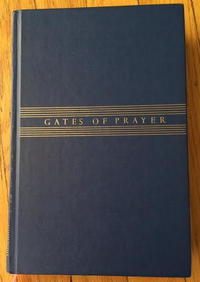This conversation began here.
For my conversion, I had to find and arrange the rabbis for my own beit din. We all got comfortable with each other in advance; I knew each of them: one had been my Judaism 101 teacher, one had been my congregational rabbi for the previous 5 years, and one had led me specifically in my year-long study and approach to my conversion.... They had already asked me whatever questions they were concerned about, and I had already answered them. I had already asked them if they would approve of my conversion, and each had said yes. So, though I was still nervous for my beit din, I knew in my head that none of the three rabbis was possibly going to humiliate me on my big day.
The one question that was hard for me at my actual beit din was: what about giving up christmas. I shared, as I had planned to do, that we would continue the family tradition of visiting with grandma at christmastime and enjoying the festivities she would provide. Then they asked: what about when she passes away? Tear sprang to my eyes at that thought.... But I answered that in her honor, we might continue to remember the loving events we had shared by having a small tree in my home, and I emphasized that the holiday was one of family togetherness and acceptance, not a religious event.
Now some 10 years on, I realize that absolutely no one is looking over my shoulder to see whether I still "deserve" my Jewish identity, so I could totally put up a tree or any other thing I cared to do or felt I needed to do. but for now, we still spend christmas with grandma.
About "passing" your beit din, or possibly "flunking"... think of how humiliating that would be for the rabbi you have been working with who was guiding you toward your conversion; if the others don't approve of you or your preparation, it is a total slap at that rabbi's judgment...they're not likely to do that to their fellow rabbi, even if you don't feel confident that they wouldn't humiliate you that way.
Also, since you have the questions in advance, write yourself some notes in answer to them. You can read them at your beit din if you get flustered.
Best of luck, I imagine it will be just fine.





 RSS Feed
RSS Feed